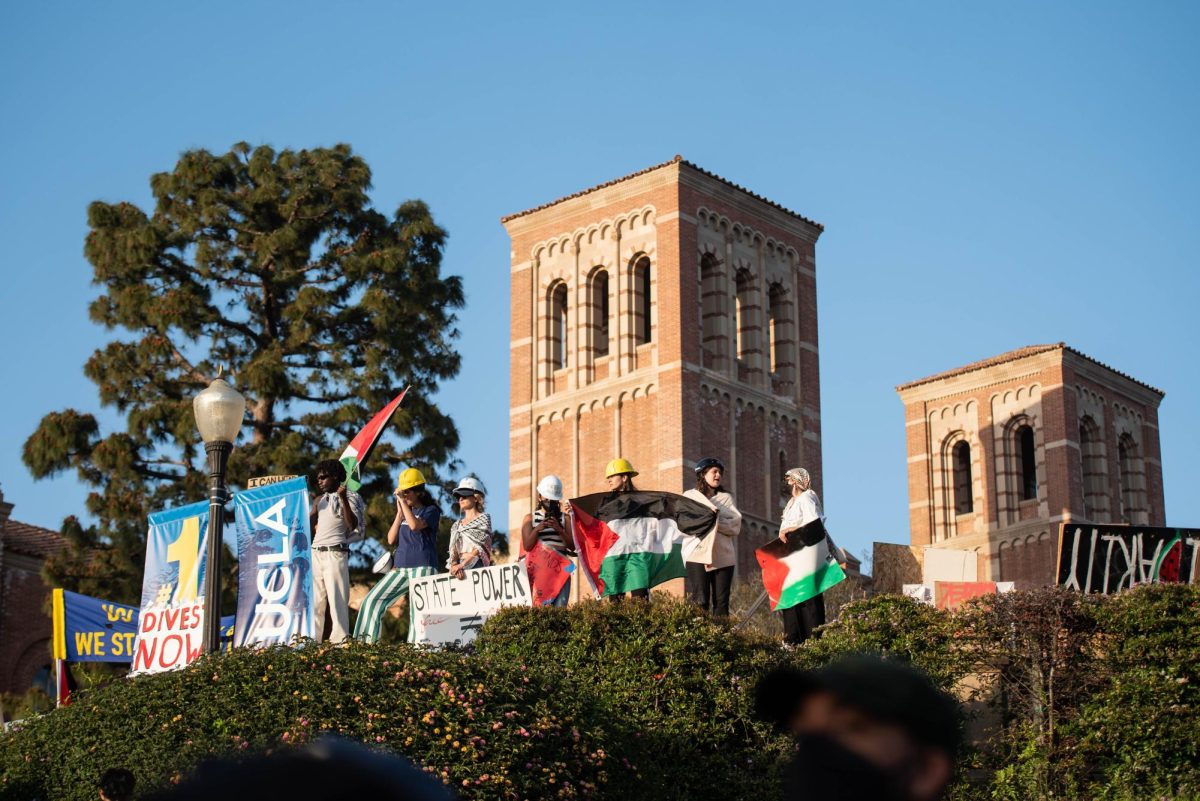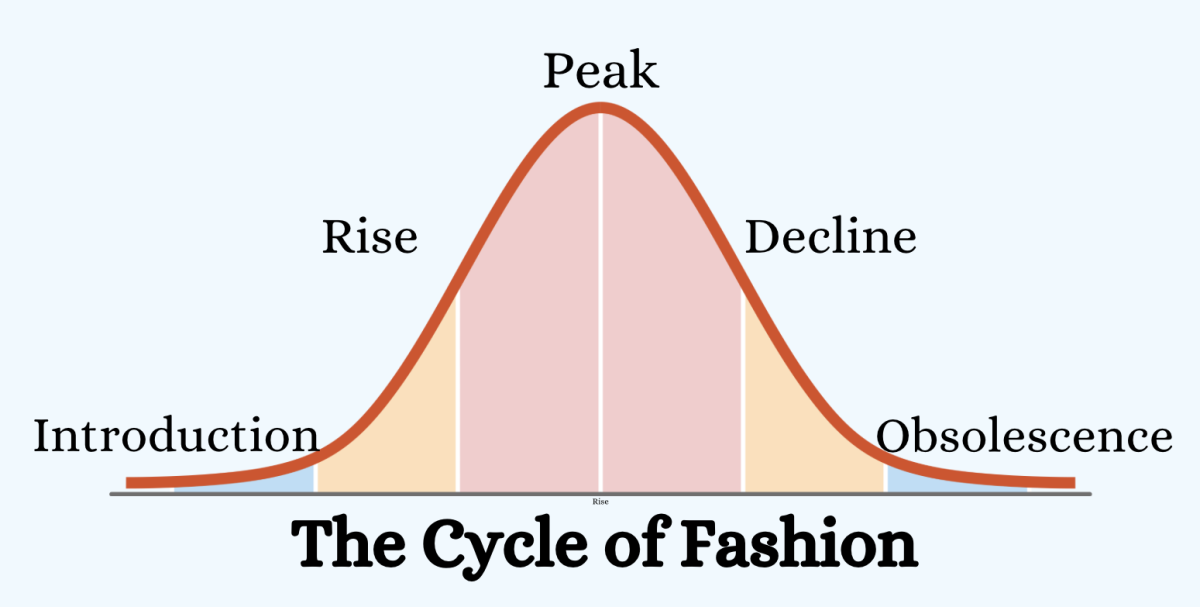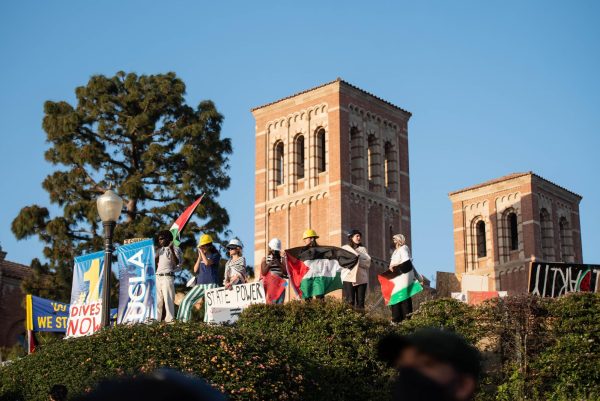Birthright Citizenship
The United States is one of the countries that has birthright citizenship.
December 4, 2018
President Trump announced recently he wants to end birthright citizenship through the passing of an executive order. Many Americans grew concerned about whether he would actually be able to do this. So is it actually possible for the President to fulfill this goal through an executive order? While it is technically possible, it is both highly unlikely and more difficult than it sounds.
One of the largest roadblocks that would prevent the President from doing this is the Fourteenth Amendment which states that “all persons born or naturalized in the United States and subject to the jurisdiction thereof, are citizens of the United States and of the State wherein they reside.”
Many argue that the intention of this amendment was intended only in regard to granting US citizenship to children of freed slaves; but according to Fact Check, the way it is written actually creates “the basis of the country’s long-standing policy of granting birthright citizenship to anyone born on American soil.” Clearly, the amendment implies that “all” people who are “born” on US soil and who follow American jurisdiction are considered “citizens.” Roxane Fournier(11) argues that “the 14th Amendment is worded the way it is for a reason. It says ‘all people,’ and children of immigrants are people. The US is a diverse place because the majority of the nation is built on immigrants. If we block out people, we are blocking out a foundational element of America.” Nowhere does it give any exceptions.
Conservatives are utilizing one court case, United States v Wong Kim Ark, to argue for a potential loophole in the 14th Amendment. In this court case, two Chinese parents were legally in United States at the time of their son’s birth. The son, Wong Kim Ark, went on a trip to China, but when re-entering the United States, he had trouble being readmitted, despite having all the necessary paperwork proving he was a citizen. His case was taken to court, and he was recognized as an American citizen, setting the precedent of giving immigrant children who were born in the United States automatic citizenship.
The court case, however, is being used by several who support President Trump’s proposal of ending birthright citizenship. Their argument claims that Wong Kim Ark’s parents were legally in the United States at the time of his birth. So if President Trump tries to pass an executive order, the courts will most likely need to weigh in on whether his actions are constitutional or not.
Mainly, the debate lies in determining whether the 14th Amendment applies to all, even children of illegal immigrants, or if it implies certain restrictions. In any case, the courts are the ones who must determine this.
Sources: FactCheck, Axios, Washington Post











































